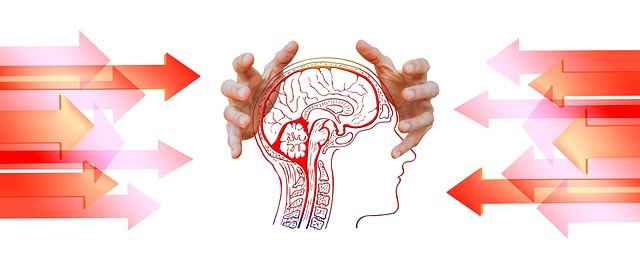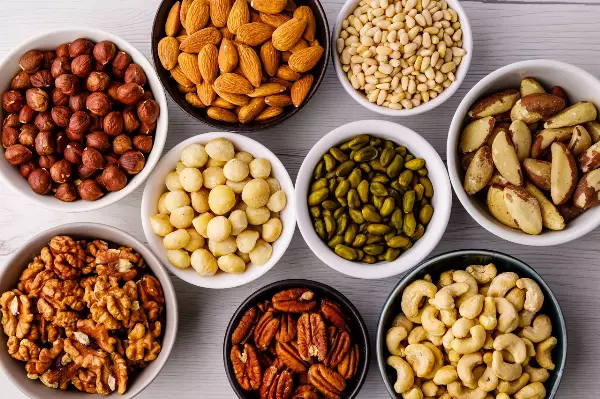How to Cope with Migraine
All kinds of headaches are nasty, but migraine, in particular, is severe, disabling, and can easily ruin a day. You wake up in the morning, hoping for a perfect day ahead, and find yourself with a throbbing head and a feeling of nausea. Most people lock themselves in a dark, quiet room lying on bed and wait for it to pass somehow or run for over-the-counter medicines. While migraine is not a life-threatening disease and rarely affects the overall health, the pain itself is intimidating, especially when relaxing is not practicable.

How Is Migraine Different from Other Headaches?
Migraines are not just bad headaches. It's a neurological disorder involving a set of disabling conditions, which includes a severe headache, vomiting, extreme sensitivity to light and sound, visual disturbances, etc. Symptoms, severity, and duration of these headaches vary from people to people. Moreover, symptoms can change with each attack. Typically, the pain lasts for 4-72 hours and often comes back again even after taking an aspirin. Migraine has no cure as its exact cause is not well-understood. But with preventive measures, you can minimize the frequency and severity of attacks.
Migraine affects mostly women. Of every four people affected by this neurological disorder, three are women. According to the American Migraine Foundation, more than 50% of women who have migraines experience an attack right before or after their periods. The exact relation of menstruation with migraine has not been identified yet. Since hormonal changes are one of the triggers, and estrogen and progesterone levels go down sharply around menstruation, this may explain what we call "menstrual migraines."

How to Handle Migraine Attacks?
1. Identify your triggers and avoid them
Everyone has different triggers, and identifying your own can help you avoid future attacks. The most common triggers include stress, dehydration, hormonal imbalances, sleep disturbances, anxiety disorders, indigestion, or caffeine overuse. Some foods such as dairy products, chocolates, cheese, walnuts, alcohol are known to trigger an attack. Sometimes, going too long on an empty stomach is the trigger. Avoid intermittent fasting in this case. Try to understand your migraine by looking for a pattern in your attacks. What caused it, what is making it worse, was there a time I could have stopped it? In some women, birth control pills may make the migraines last longer and more frequent. If you can spot the exact culprit, avoid it at all costs.
2. Seek early solution
Most people experience a prodromal phase a few hours before a full-blown migraine attack. These are early signs that a painful migraine is on its way. The common symptoms include fatigue, weakness, sensitivity to light and sound, dizziness, etc. Take your medications as soon as you spot your prodromal signs and don’t wait for the severity to increase.
3. Find natural ways to ease the pain
When you feel a throbbing, pounding pain in your head, reaching for an aspirin may seem the best option. But, sometimes, give natural remedies a try as well. The first thing you want to do is lie down in a dark, quiet room. Try rubbing a few drops of lavender or peppermint essential oil on the forehead. Drink fluids, if you do not feel nausea. You can also try a cold compress. Again, find out what works for you. Some people feel better with a head massage, while some feel the pain going worse with any kind of movement.
4. Strive for long-term lifestyle adaptations
Apart from limiting triggers, you may want to adopt some lifestyle changes, such as maintaining a healthy eating habit, taking 6-8 hours of sleep, drinking enough fluids, limiting alcohol and caffeine intake, practicing mindful meditation, finding ways of relaxation, etc. Keeping a migraine diary may also help you identify potential triggers.

Even if you follow healthy habits and avoid triggers, you may still experience some attacks. But their frequency and severity would be much less than before. When it comes to managing migraines, prevention is surely better than cure , especially since you know there is no perfect cure.
, especially since you know there is no perfect cure.
updates?










0